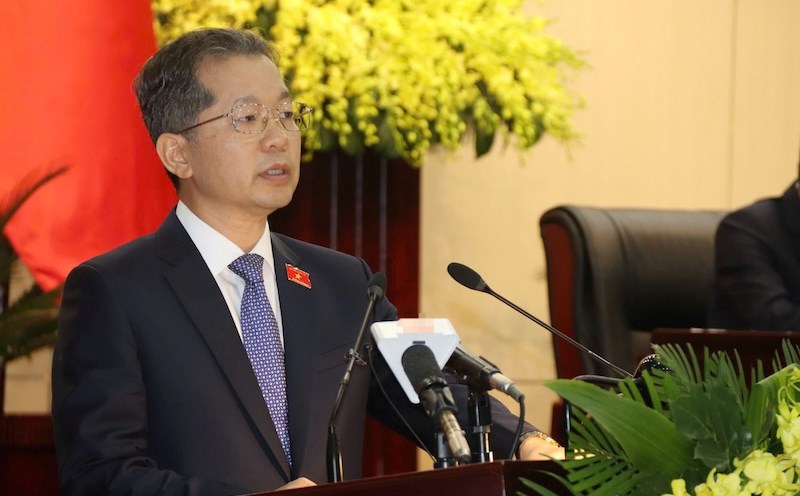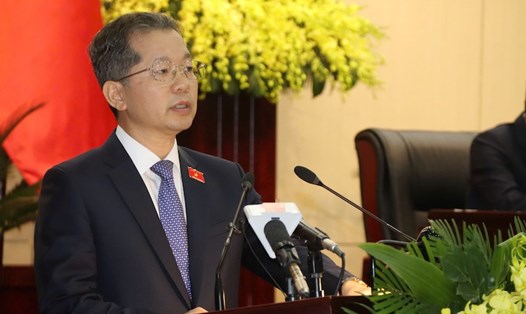Leverage from essential needs
As an agricultural country, Vietnam is witnessing a shift to a more modern production model with the support of advanced technology equipment. Solutions such as smart sensors, artificial intelligence (AI) and IoT (Internet of Things) are applied to optimize productivity, improve product quality, especially clean food.
Therefore, investing in high-tech agricultural projects is becoming an attractive destination thanks to increasing market demand.
Along with agriculture, the healthcare industry is also strongly developing healthcare technology applications. Personal health monitoring devices, remote medicine and AI-assisted diagnosis are no longer strange. HealthTech businesses continue to attract investment thanks to their ability to improve service quality and meet the increasing demand for healthcare.
From an investor's perspective, Mr. Pham Van Tuan (43 years old, Hanoi) shared that he has spent a long time looking for sustainable investment fields, and high-tech agriculture and technological health have become priority choices.
"I started paying attention to high-tech agriculture when I realized the increasing demand for clean food, especially in big cities. An IoT farm project that I invested in in Bac Ninh has brought very positive results. Not only optimizing operating costs, the project also helps create high-standard products that are competitive enough in large supply chains."
Not stopping at agriculture, since the COVID-19 pandemic occurred, Mr. Tuan realized the importance of technology in healthcare and decided to expand his investment portfolio to this field.
"I joined a medical technology investment fund, focusing on remote medical solutions and smart healthcare devices. These are products that are not only suitable for people in big cities but also reach people in remote areas where medical services are limited."
Education and virtual reality - the direction of a sustainable future
Online learning and remote skills training have become mainstream trends in Vietnam in recent years, especially when AI and virtual reality (VR) technology help optimize the learning experience. Education technology (EduTech) startups are opening up new, personalized and flexible learning models that suit the needs of the younger generation. This is considered a potential field for investors, with many opportunities to invest in specialized skills training platforms or advanced learning applications.
Virtual reality and augmented reality (AR) technology are also making strong breakthroughs, not only in entertainment but also in areas such as education, real estate and retail.
In Vietnam, VR/AR applications have been successfully deployed in real estate space simulation or immersive learning models, promising to become a leading trend in the near future.
Sharing about investment trends and market transformation, Mr. Tran Minh Tuan, founder of an educational technology startup in Hanoi, said: "Vietnam is a very potential market for EduTech thanks to its young population and the rapid development of digital infrastructure. This does not stop at teaching through screens, but is moving towards applying AI and virtual reality (VR) to personalize and enhance the learning experience."
“We see that investors, especially venture capital funds, are very interested in EduTech models that apply breakthrough technology. Not only because of the growth potential but also because of the ability to create great social value, especially improving access to quality education for students in rural areas,” said Mr. Tuan.









